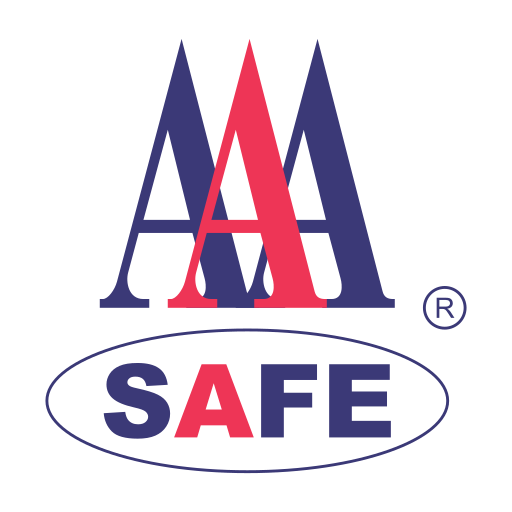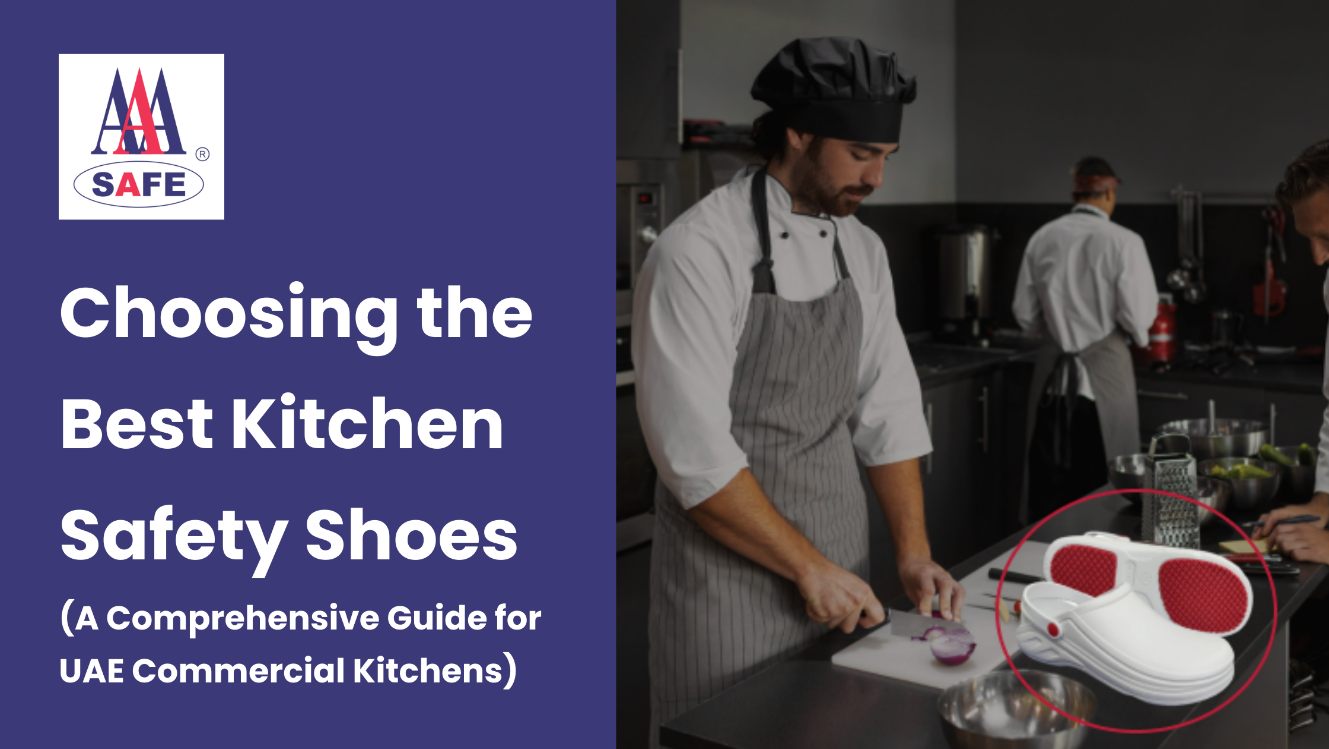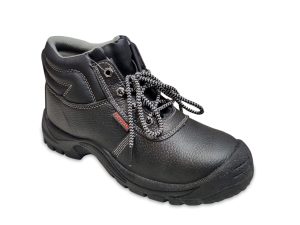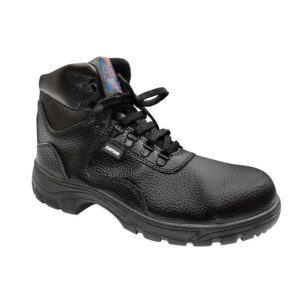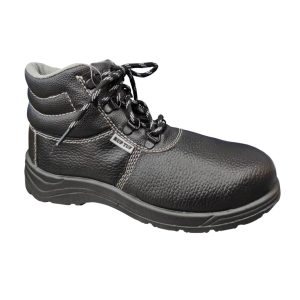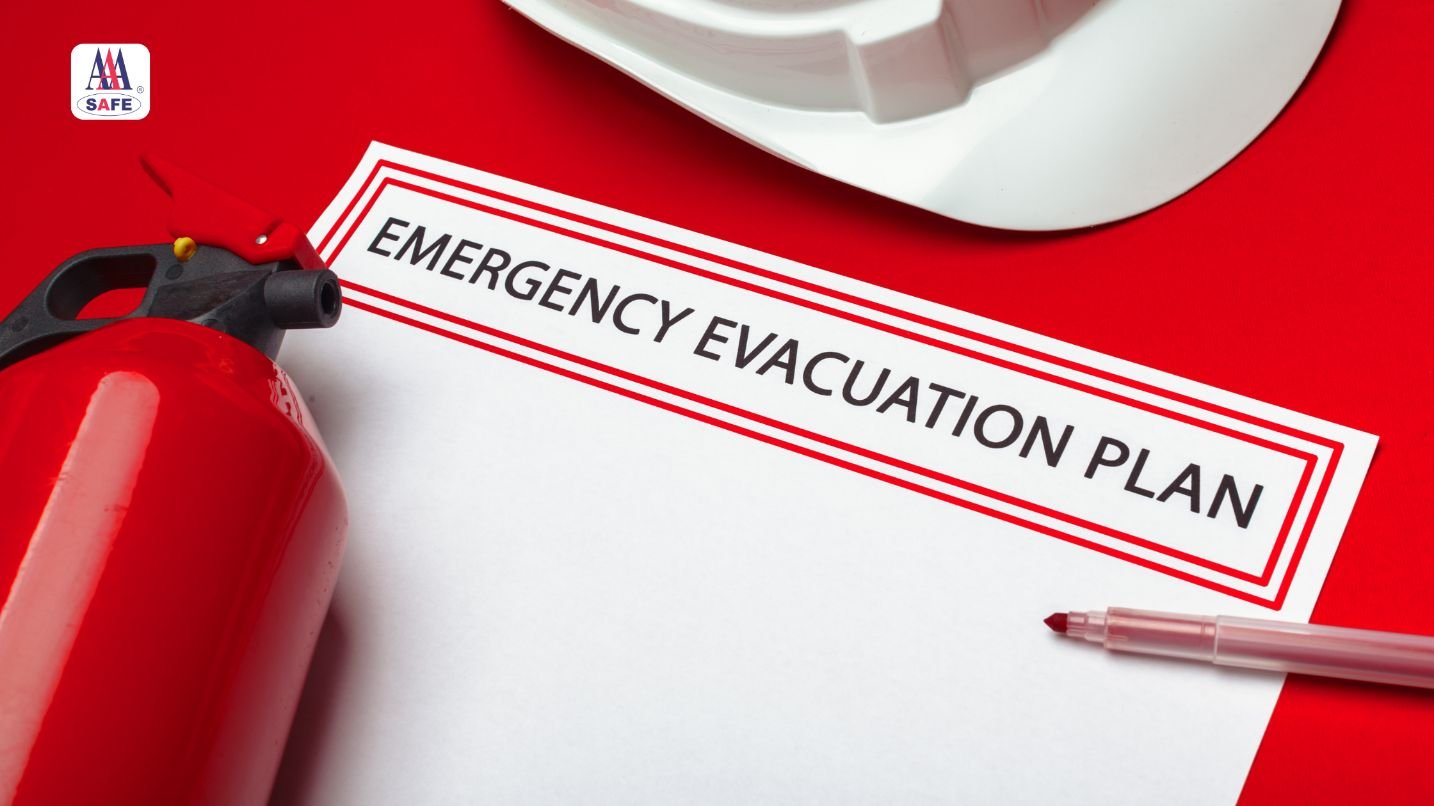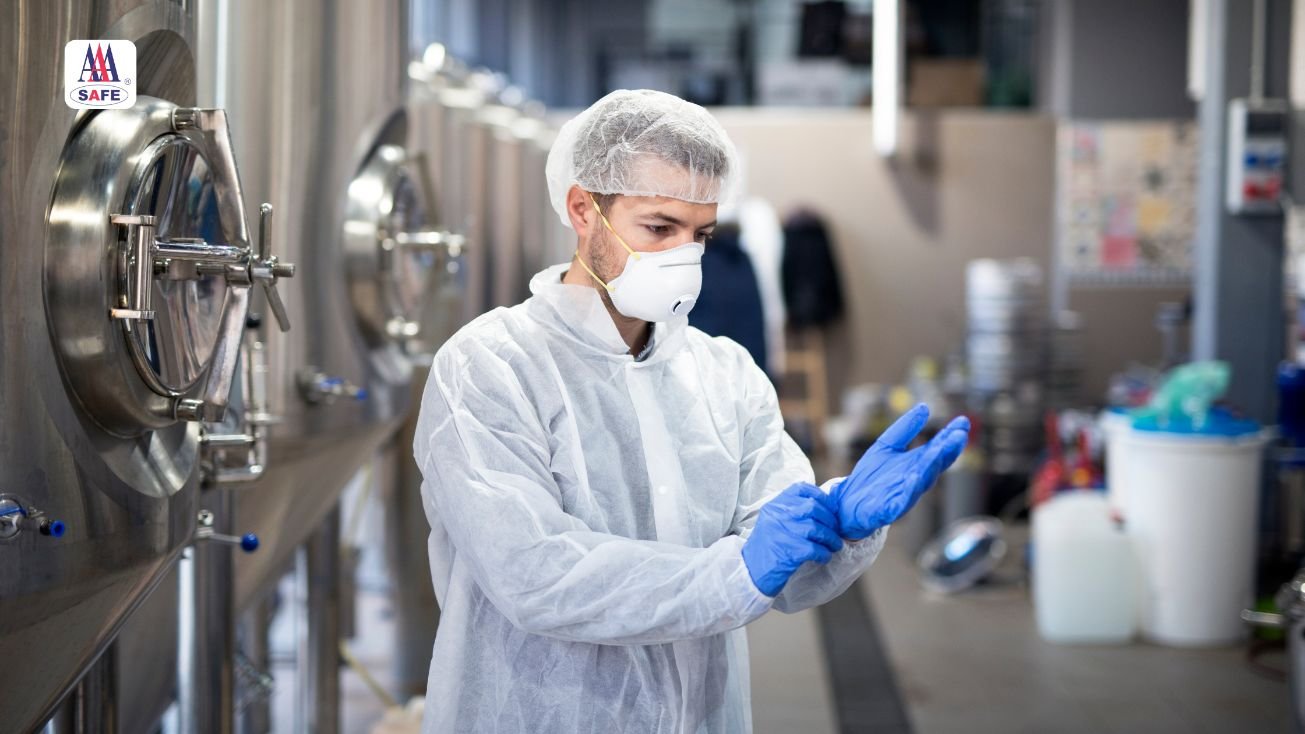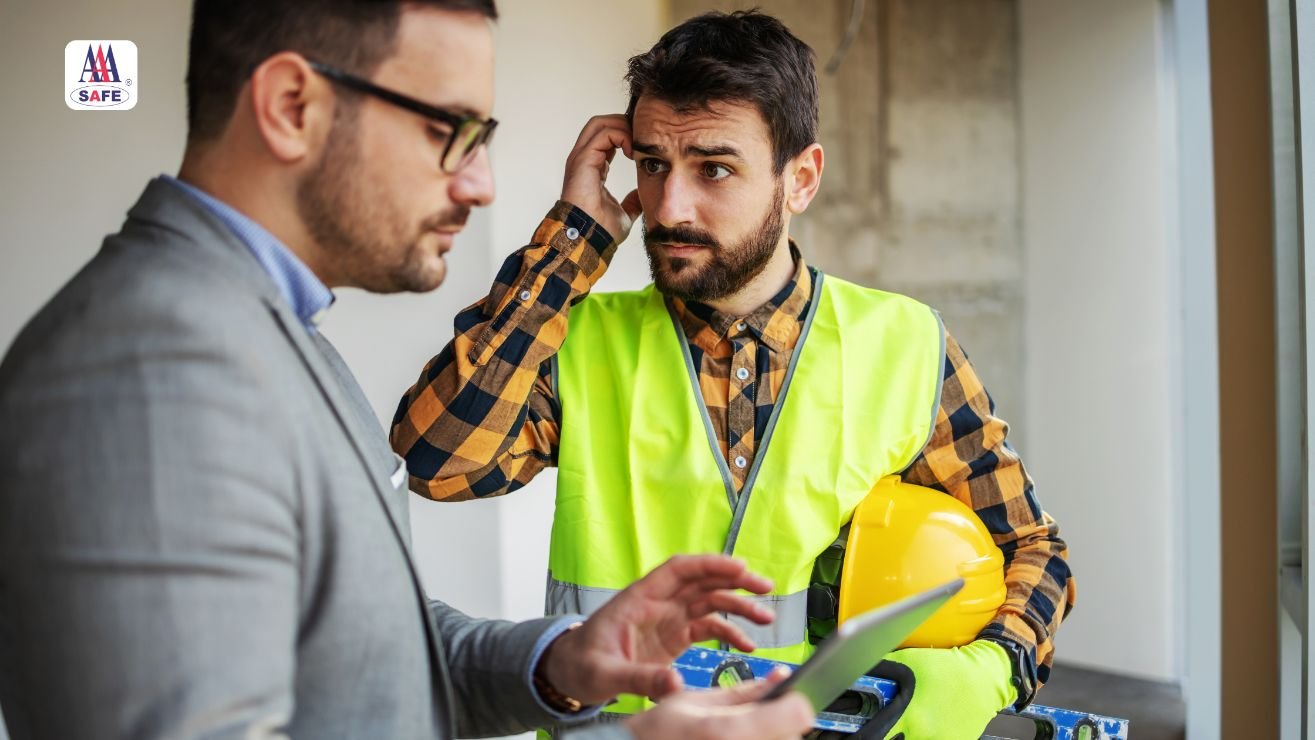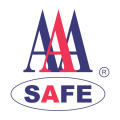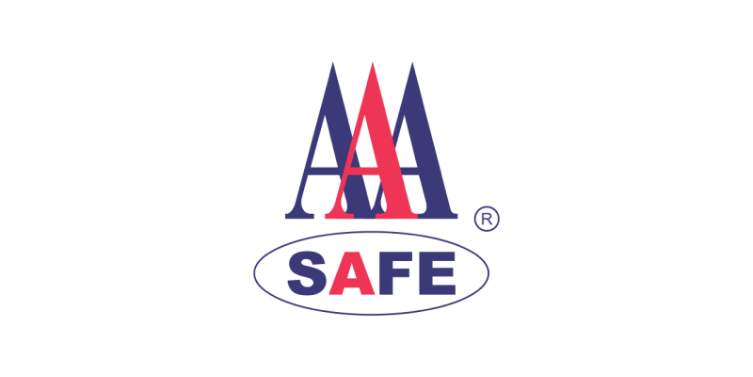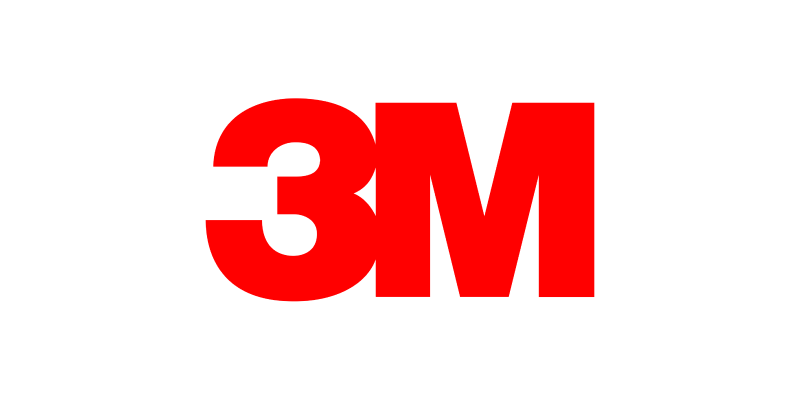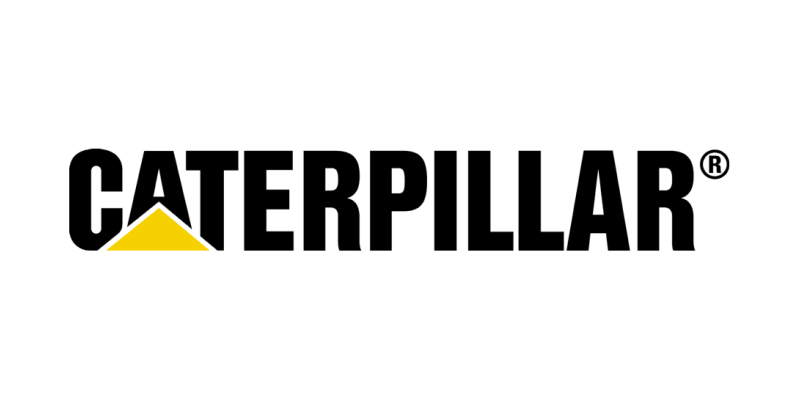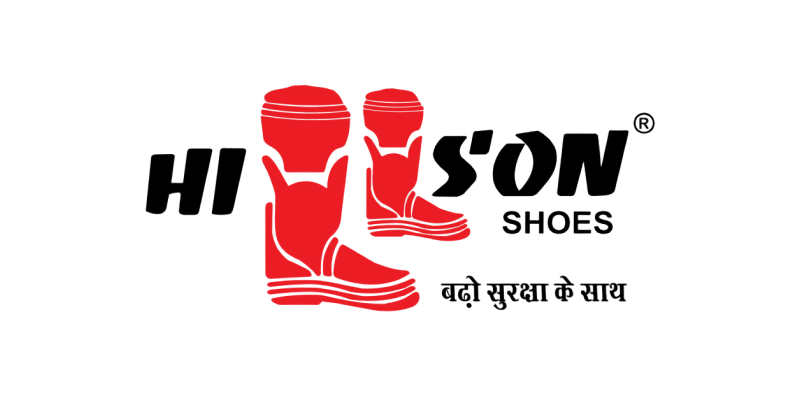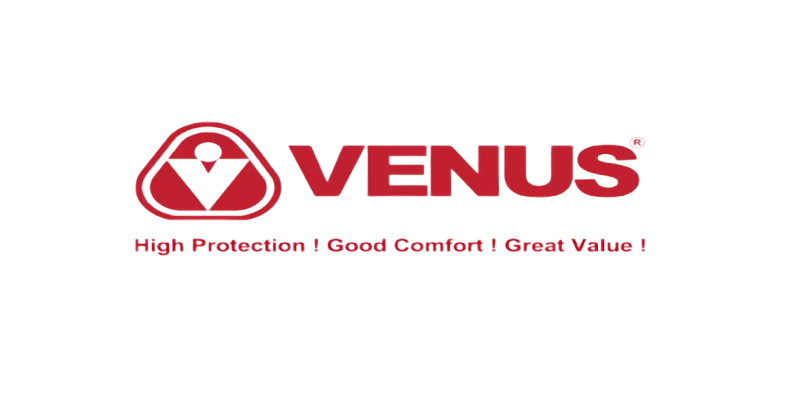In the fast-paced and demanding environment of a commercial kitchen, safety and comfort are paramount for the well-being and productivity of kitchen staff. Kitchen safety shoes are one of the most crucial pieces of personal protective equipment (PPE), providing protection against various hazards and ensuring comfort during long shifts. This guide explores the essential features of kitchen safety shoes, top models, UAE-specific considerations, and best practices for maintaining footwear hygiene and longevity.
Why Kitchen Safety Shoes Matter in UAE Workplaces
The UAE’s commercial kitchens are diverse, spanning from five-star hotel kitchens and international restaurants to local eateries and catering services. With such variety, ensuring safe and supportive footwear is critical to prevent accidents and maintain efficiency. High temperatures, busy shifts, and often wet or greasy surfaces increase the likelihood of falls, burns, and other foot injuries, emphasizing the need for specialized safety footwear. Proper kitchen safety shoes contribute not only to individual safety but also to overall productivity and staff morale.
Key Features to Look for in Kitchen Safety Shoes
For kitchen staff in the UAE, where conditions are often hot and humid, kitchen safety shoes should meet high standards of slip resistance, support, and durability. Here are the essential features to consider when choosing footwear for a commercial setting:
1. Slip Resistance
Slip resistance is one of the most critical features of kitchen safety shoes, as wet, greasy, or oily surfaces are common in kitchens.
- High-Traction Outsoles: Look for shoes with high-traction rubber outsoles specifically designed to grip slippery kitchen floors effectively. This helps in preventing slips and falls.
- Certifications: Some shoes come with SRC (Slip-Resistant Certification), which indicates the highest level of slip resistance. This certification ensures the footwear has been tested on both ceramic and steel surfaces, making it ideal for commercial kitchens.
2. Comfort and Support
Chefs and kitchen staff often spend 12-16 hours on their feet, making comfort and support key priorities to reduce fatigue and prevent musculoskeletal issues.
- Arch Support and Cushioning: Choose shoes with excellent arch support and cushioned insoles to help reduce strain on feet, knees, and lower back during extended standing periods.
- Lightweight Construction: Lightweight shoes minimize fatigue and make it easier for staff to move around quickly.
- Removable Insoles: Shoes with removable insoles allow staff to customize comfort and replace insoles as needed.
3. Protection
The commercial kitchen environment presents various hazards, including hot spills and heavy objects that may fall. Protection features ensure your feet remain safe from these risks.
- Reinforced Toe Area: Look for shoes with a reinforced toe area, either with steel or composite materials, to protect against impact injuries from falling objects.
- Water-Resistant Upper Materials: A water-resistant upper helps protect feet from hot liquids and other spills, while also keeping shoes dry in humid UAE kitchens.
- Higher Back and Ankle Support: Shoes with a slightly higher back offer additional heel and ankle protection, which is especially beneficial in kitchens with fast-paced movements and frequent pivoting.
4. Durability
Footwear durability is essential in the UAE’s kitchen environments, as frequent cleaning, high temperatures, and exposure to spills can quickly wear out low-quality shoes.
- High-Quality Materials: Choose shoes made from durable, wear-resistant materials that can withstand kitchen conditions.
- Sturdy Construction: Reinforced stitching and a solid structure are crucial for longevity. Shoes that are durable reduce the need for frequent replacements, making them cost-effective in the long run.
5. Easy to Clean
Maintaining hygiene is essential in commercial kitchens, including footwear hygiene. Regular cleaning prevents bacterial buildup, which is especially crucial in hot climates like the UAE.
- Easy-to-Clean Materials: Select shoes made from easy-to-clean materials like leather or certain synthetic options.
- Removable, Washable Insoles: Shoes with removable insoles make cleaning easier and allow for frequent washing to maintain freshness and hygiene.
Top Brands and Models for Kitchen Safety Shoes
Here are some popular and highly-rated kitchen safety shoes that are ideal for UAE workplaces:
- Birkenstock Profi-Birki Polyurethane Clogs: Known for their comfort and durability, these clogs feature a removable, washable footbed and provide exceptional support during long shifts.
- Dansko XP Clogs: With excellent arch support and a roomy toe box, Dansko XP Clogs are ideal for those seeking comfort over extended hours.
- Shoes for Crews Freestyle II: These shoes feature the patented SFC Mighty Grip® outsole for superior slip resistance, which is highly effective in preventing falls in slick kitchen environments.
- Crocs Bistro: Lightweight, easy to clean, and featuring Crocs Lock™ slip-resistant tread, Crocs Bistro shoes are popular among UAE kitchen staff.
- Mozo Sharkz: Specifically designed for kitchen use, Mozo Sharkz shoes come with a slip-resistant outsole and a water-resistant upper, making them a practical choice.
UAE-Specific Considerations When Choosing Kitchen Safety Shoes
Working in a UAE kitchen presents unique challenges, such as high temperatures and humidity. Here are some UAE-specific factors to keep in mind:
- Climate Compatibility: Choose shoes with breathable materials or moisture-wicking linings to counteract the UAE’s heat. This will help keep feet cool and reduce discomfort due to sweat.
- Kitchen Environment: In larger or high-end kitchens where chefs work under intense conditions, prioritize shoes with high slip resistance and protection features. For kitchens with communal showers, shoes with antimicrobial features are a plus.
- Worker Position: Different roles in the kitchen may require specific shoe attributes:
- Chefs and Head Cooks: Comfort and support for long standing periods are critical.
- Dishwashers and Cleaners: Water resistance and slip resistance are especially important.
- Servers: Lightweight shoes with a professional look can be ideal while still ensuring slip resistance.
- Health and Safety Regulations: In some cases, local safety regulations or employer guidelines might specify certain types of footwear. Always confirm that your footwear selection aligns with any workplace policies.
Care and Maintenance Tips for Kitchen Safety Shoes
To extend the life of kitchen safety shoes, regular maintenance is essential. Follow these tips to ensure your footwear remains hygienic and durable:
- Clean Regularly: Wipe down shoes after every shift with a damp cloth and mild soap. This prevents bacterial buildup and removes grease or spills.
- Dry Completely Between Uses: Shoes should be fully dry before wearing again, as damp shoes can harbor bacteria and cause discomfort.
- Rotate Shoes: Having two pairs of kitchen safety shoes allows you to rotate them, giving each pair time to air out and extend their lifespan.
- Replace Insoles Periodically: Replace insoles as needed to maintain comfort, cushioning, and hygiene. Using high-quality insoles can also prolong shoe life.
Importance of Safety Footwear Policies in UAE Kitchens
A structured footwear policy in UAE workplaces can help ensure that all kitchen staff wear appropriate and safe shoes. Employers can implement these policies to reduce injuries and enhance productivity:
- Provide Footwear Allowances: Offering footwear allowances encourages employees to invest in quality safety shoes without financial burden.
- Regular Training on Footwear Care: Educating employees on the importance of maintaining foot hygiene and caring for safety shoes can prevent common foot problems, such as athlete’s foot and blisters.
- Routine Footwear Inspections: Periodic checks by supervisors ensure that shoes remain in good condition and continue to meet safety standards.
Common Foot Health Issues Among Kitchen Staff
Due to the demanding nature of kitchen work, employees may encounter foot health issues if they lack supportive footwear. Here are some common problems and preventive measures:
- Plantar Fasciitis: Prolonged standing can strain the plantar fascia, causing heel pain. Shoes with arch support and cushioned insoles are essential to prevent this.
- Blisters and Corns: Poorly fitted shoes can cause friction, resulting in blisters and corns. Proper fit and regular cleaning of shoes can prevent these issues.
- Athlete’s Foot: The UAE’s climate can exacerbate foot sweat, encouraging fungal infections like athlete’s foot. Antimicrobial linings and proper ventilation help reduce this risk.
Conclusion
Investing in high-quality kitchen safety shoes is vital for the well-being, safety, and productivity of commercial kitchen staff in the UAE. Prioritizing features such as slip resistance, comfort, protection, and durability ensures that workers are well-equipped to handle the demands of a busy kitchen environment safely. Kitchen safety shoes are more than just an accessory; they are an essential component of workplace safety and employee comfort.
For employers, implementing a footwear policy and offering guidance on selecting and maintaining kitchen shoes can contribute to a safer and more productive work environment. For employees, understanding the importance of choosing the right footwear and following maintenance practices will lead to longer-lasting shoes and a more comfortable work experience. The best kitchen safety shoe is one that meets both the specific needs of your kitchen staff and complies with UAE safety standards—ensuring safety, comfort, and productivity for every shift.
